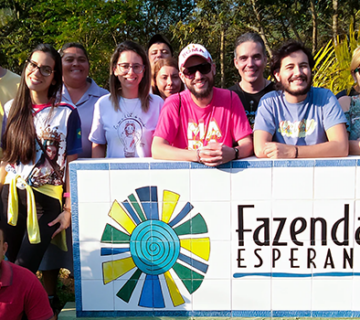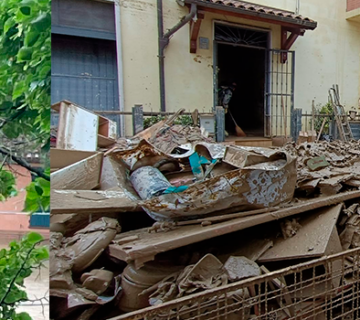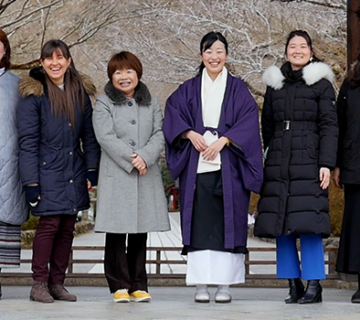 El Alto: a symbol of revolt
El Alto: a symbol of revolt
El Alto, a plateau of the Bolivian capital, La Paz, is considered a symbol of the revolt and conflict that is driving the Bolivian people to exasperation. Bolivia is set between the Andes Mountain range and the great South American plains, and its difficult social situation foments a continuous state of conflict that occasionally erupts in demonstrations and strikes. Among the most recent of these was the demonstration demanding improvements in the supply of potable water, which over 40,000 families in the region of El Alto currently have no access to.
What response can be given?
Among the numerous initiatives at work in the country, there is the “From El Alto to Alto” Project. It is promoted by the Focolare Movement and aims at uplifting the conflictual character of the Bolivian social reality by reinforcing its spiritual dimension. To this end, a “school of formation for civic leaders” was created to prepare them to carry out concrete actions, however humble, but inspired by the spirit of solidarity and brotherhood which, hopefully, would then penetrate all social relationships. A dialogue session has been started so that the participants, guided by experts, can gain deeper knowledge on important topics, such as the document issued by the Bolivian Bishops’ Conference, which offers a profound analysis of the social situation and the proposed legislation to control exploitation and regulate the development of the natural resources necessary for the country’s economic progress.
Social conflicts
Bolivia, which is rich in resources such as natural gas and petroleum, has been suffering for centuries from endemic poverty. Among the causes is the unjust distribution of wealth: a small minority of the population enjoys economic and political power while the majority is in need. Last autumn a series of clashes exploded between civilians and the military, starting from El Alto and spreading to other parts of the country. The conflict lasted a month, producing over 70 deaths.
Brotherhood, the answer to social problems
The Focolare spirituality of unity was first brought to Bolivia in the 1970’s by a number of priests and women religious. The first focolare household was opened in La Paz, then later in Cochabamba, and from there the Movement spread to Santa Cruz, Oruru and Sucre. It is everyone’s wish to give a living witness today to how fraternity can be an answer to social problems.


 Italiano
Italiano Español
Español Français
Français Português
Português


